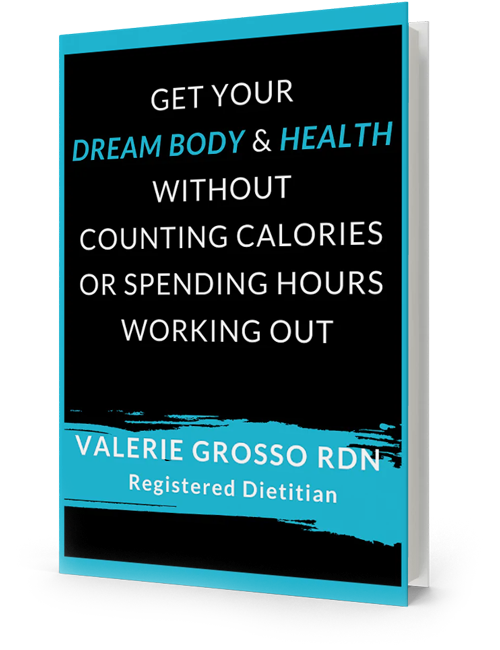What is the Keto Flu…And What To Do About It
Here’s a common scenario about keto flu…
You spend hours researching keto, pick a start date, plan your meals, shop, prep, and prepare with keto friendly meals and treats…you’re excited about your new diet, and you’re going strong on the low-carb/keto bandwagon for a few days when BAM!
It hits you hard. Instead of feeling awesome and having the health benefits you keep hearing about, you feel terrible.
Fatigue, aches, pains, nausea, mood swings, cravings, hunger, bad breath, insomnia, dizziness, and some even get a rash. OMG…Are you coming down with the flu? Is the keto not good for you? Have you done something wrong? So many questions and no real answers.
It may be none of the above! You may be going through what we call the keto flu. The keto flu are side effects that can happen when you begin restricting carbohydrates. These symptoms don’t occur in everyone, but tend to be more common in people who have been eating a high carb diet and are eliminating carbs for the first time. Keto flu does not indicate that keto isn’t a good fit for you.
What causes the keto flu?
Your body is learning how to use ketones instead of glucose for fuel. As your body adapts, you may experience low blood sugar, which can cause many of the keto flu symptoms.
Additionally, nutritional ketosis can leave your body low on certain electrolytes. Electrolytes are often excreted when carbs are restricted. Why? Because carb restriction leads to lower insulin levels which leads to less water reabsorption by your kidneys, leading to more water excretion, which in turn leads to more electrolyte excretion. This diuresis effect can cause keto flu symptoms along with lowering blood pressure (a good thing for those with hypertension).
Keto flu tips…
- Stay hydrated. Drink plenty of water.
- Eat adequate amounts of green leafy vegetables, such as kale, spinach, and collard greens, to help maintain proper electrolyte levels
- Add pink Himalayan sea salt to your food and water to replenish sodium levels. Sodium is the mineral excreted in the highest quantities when carbohydrates are restricted.
- Eat plenty of non-starchy vegetables to prevent constipation and other digestive issues
- Exercise daily – Lower intensity exercise during the first couple weeks of keto will increase your adaptation.
- Supplements – Typically, supplements are not needed but some people do use Magnesium, Omega-3, Multivitamin, B vitamins,Vitamin D.
- Dietary Fat – Be sure to eat enough dietary fat to keep you full until your next meal.
Valerie Grosso RDN
The Rebel Dietitian With A Mission
Want nutrition support and guidance? I can help 👇
- Check out courses: https://valeriegrosso.com/courses
- Contact me for 1-on-1 coaching: https://valeriegrosso.com/coaching
🥳Connect With Me On Social Media 🥳
Facebook: https://www.facebook.com/valeriegrossord
Instagram: https://www.instagram.com/valeriegrosso
LinkedIn: www.linkedin.com/in/valeriegrosso
Twitter: @valeriegrossord
YouTube: https://www.youtube.com/channel/UCP1WB1OswXEq985r2x1G94w
UNLEASH THE POWER OF NUTRITION, IGNITE FAT BURNING, DEFY DISEASE, FEEL UNSTOPPABLE!

